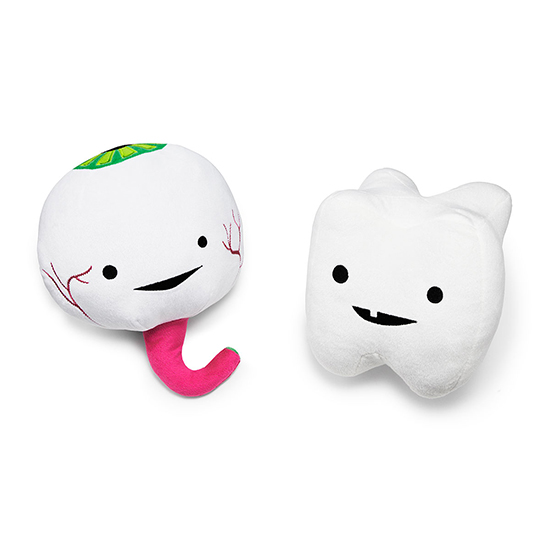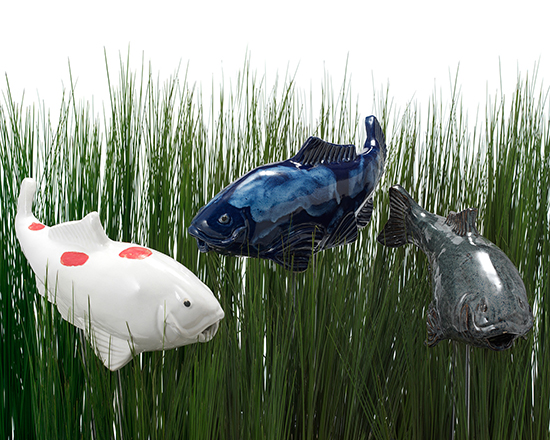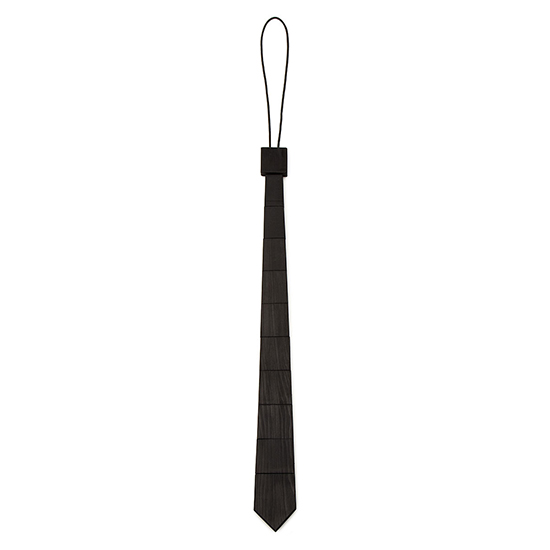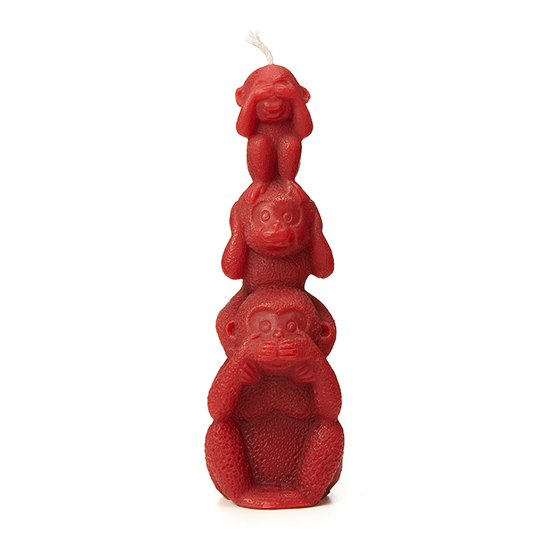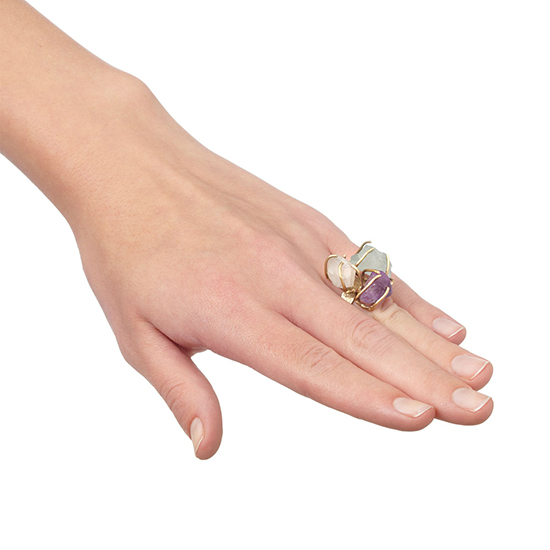 In the forests of Africa, you might just feast your eyes upon the brilliant coloring of the marble berry. Its clusters of brilliant blue fruit are considered to be the shiniest thing in nature, and they shimmer with pixelated sparkles. This effect is caused by layers of overlapping fibrous cells that cause the light to reflect and refract. These berries, however, are the ultimate triumph of style over substance: the brilliant surface contains nothing but seeds, with no flavor or nutritional value. The advantage of all this razzle-dazzle is that the plant tricks birds into eating and spreading its seeds, without having to go through all of the work of producing something temptingly sweet.
In the forests of Africa, you might just feast your eyes upon the brilliant coloring of the marble berry. Its clusters of brilliant blue fruit are considered to be the shiniest thing in nature, and they shimmer with pixelated sparkles. This effect is caused by layers of overlapping fibrous cells that cause the light to reflect and refract. These berries, however, are the ultimate triumph of style over substance: the brilliant surface contains nothing but seeds, with no flavor or nutritional value. The advantage of all this razzle-dazzle is that the plant tricks birds into eating and spreading its seeds, without having to go through all of the work of producing something temptingly sweet.
Energy Circle Ring, $165

